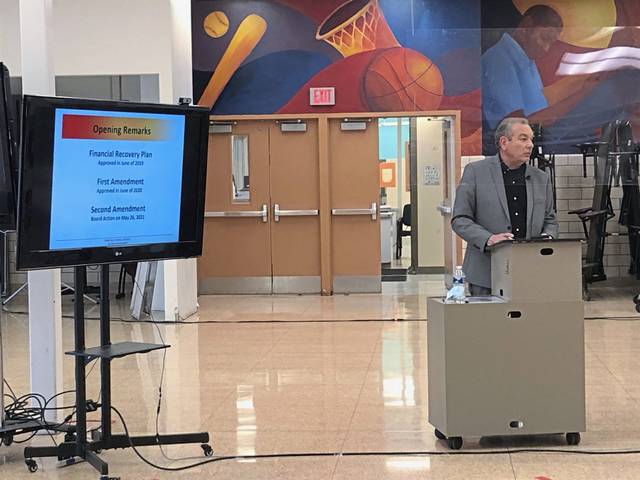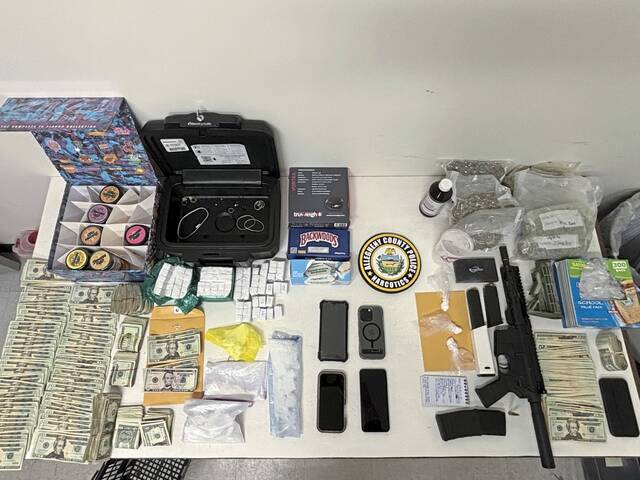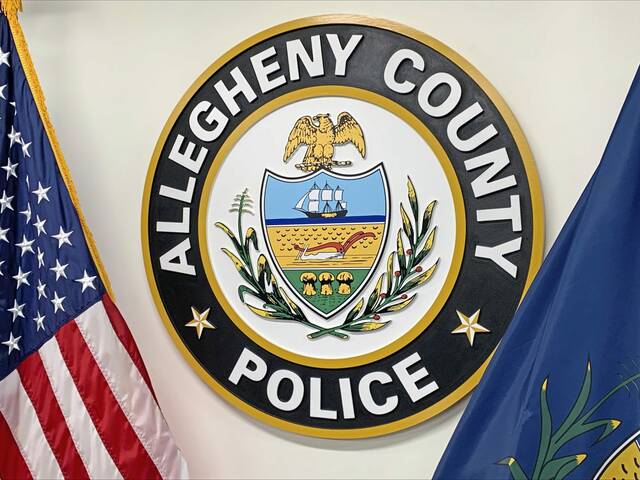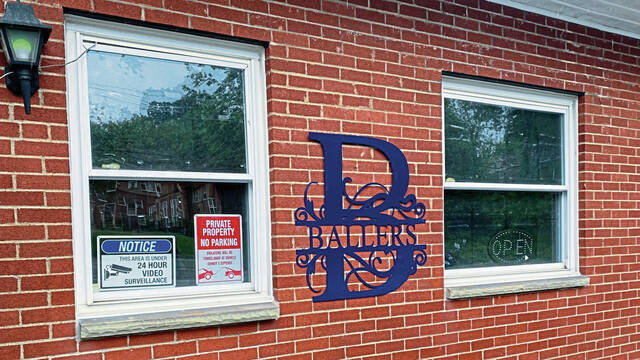Strategically raising taxes to avoid a potential financial setback and developing an effective communication plan to control charter school enrollments were among the items proposed in an amendment to Penn Hills School District’s financial recovery plan.
State-appointed Chief Recovery Officer Dan Matsook gave an overview of the amendment at a finance committee meeting April 21.
Most of the 24 initiatives, 12 financial and 12 educational, briefly mentioned in the presentation were already a part of the plan such as tax increases and getting charter school students back to district facilities.
Matsook said the amendment provides a “deeper dive” into how they impact the district.
“Unless everybody in this organization understands the connection between the academics and the financial recovery efforts, we’re never going to get anywhere,” Matsook said. “Kids need to go home with a positive experience.”
Other financial issues in the amendment include implementing cost-saving strategies identified by Pennsylvania Association of School Business Officials, addressing transparency and effectively and efficiently managing operational, capital and educational systems.
Academic themes in the amendment include providing relevant professional development, increasing collaboration time between teachers and staff, improving school climate and culture, addressing diversity and equity and understanding how those components impact student achievement and charter school enrollment.
Board vice president Jackie Blakey-Tate questioned why the financial planning was much more detailed than the academic side.
“If you’re going to have the two parts, the academic and the financial, give us some meat in the academics,” she said.
Matsook said he is not responsible for “that meat,” but responsible for giving suggestions on where they can find academic meat.
“There’s a million different things you can do, but every district is different,” Matsook said. “The needs of Penn Hills are different than the needs somewhere else. … The reason why I put the academic component in the financial recovery act is because I want to make sure that business-minded numbers people just don’t come in here and slash everything and talk about the numbers and don’t think about academics at all.”
Budgeting
The board in February approved a proposed 2021-22 preliminary budget that includes a near 8% tax hike and no cuts in programs.
District business manager Eileen Navish said many factors including a reduction in gallons of gas needed by the district, as well as a better understanding of staffing needs for next school year have contributed to decrease the need for a tax increase since then.
The current real estate tax rate is 29.6965 mills. The tax increase in the preliminary budget is 2.2175 mills, for a potential rate of 31.914 mills.
A property owner of a home with an assessed value of $50,000 would pay $1,595 in school tax. That’s about $111 more than for this school year.
Matsook proposed a 0.75-mill tax hike, about 2%, for next school year’s budget. A 0.4-mill increase, a little more than 1% was also proposed.
Navish said she will have more financial information ready later this month and will present three scenarios for the board in May. A final budget must be adopted by the end of June.
Board president Erin Vecchio said she will not support a tax increase during the pandemic, and talked about how she and her elected colleagues must answer to their fellow residents.
“I don’t have a lawyer degree,” Vecchio said. “I don’t have a doctor degree, but I have a Penn Hills diploma. I’m born and raised here. Every time I go to a Giant Eagle or some place I have to hear about a tax increase. … We had people line up for free food, and it wasn’t because they wanted free food. They couldn’t afford it.”
The district is about $165 million in debt largely due to loans for the construction of the high school and elementary school.
Vecchio said Harrisburg signed off on the projects and should be held responsible for not stopping them.
“Harrisburg has to come up with something different than (having us) make these taxes go up and up,” she said.
Board member Rob Marra echoed Vecchio’s sentiments, and said the state needs to change the way it allocates subsidies.
“There’s no reason why Upper St. Clair and North Allegheny and places that generate a lot of revenue from their local tax base, and places have huge malls in their town use the same exact formula that districts like Clairton and (us),” Marra said. “The state knows that and the legislators know that. They just are afraid to go out and change it because they got constituents in those other districts.”
Board members encouraged residents to come to committee and board meetings to voice their concerns.
The amendment is expected to be posted on the district’s website this month.
The board has 30 days to review the proposed amendment. It is expected to vote on the matter May 26.
The district adopted an amendment in June after the board failed to follow the original recovery plan of raising taxes.








